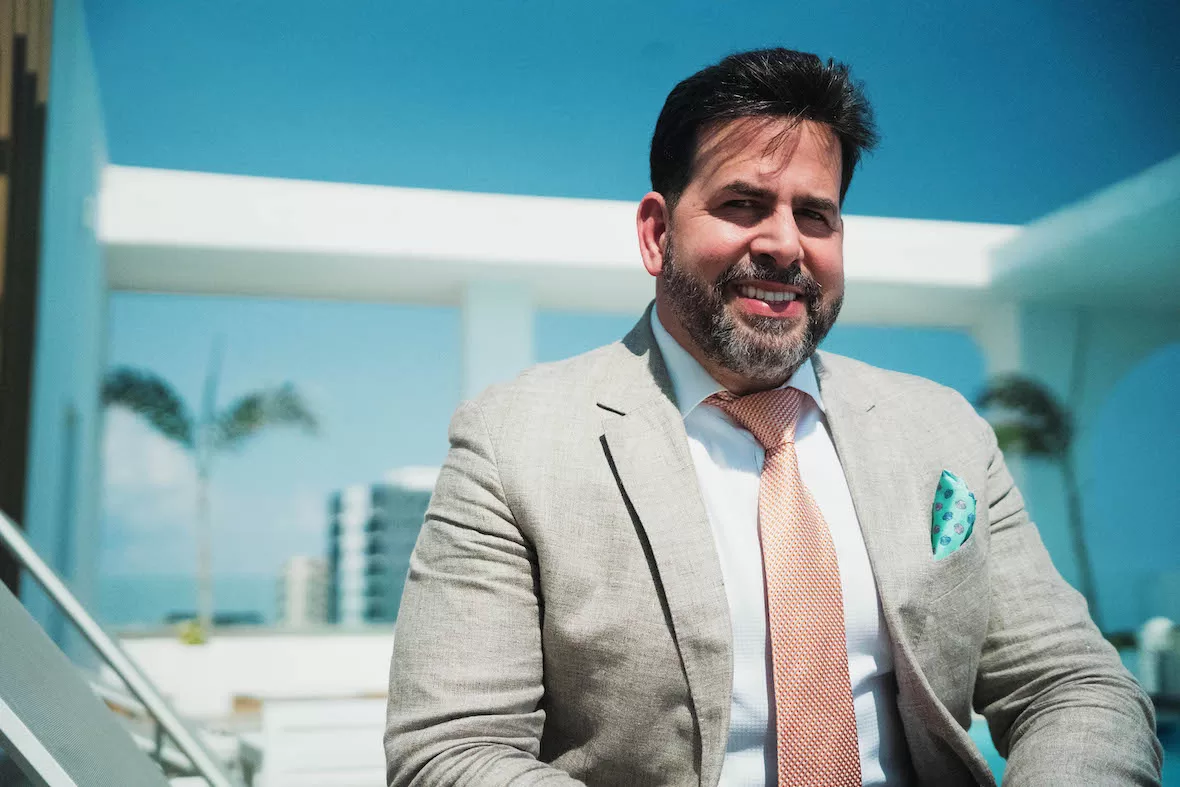According to Hernan Porras Molina, many people are unaware of the impact their online reputation can have until they face a situation like this. “The information shared on social networks, videos uploaded to YouTube, even third-party opinions, can be harming many without them knowing. In some cases, it has been proven that an old news article or a malicious comment on social networks has been enough to reject a person in a migration process,” he adds.
In recent months, migration authorities in Greece and Turkey have adopted an innovative approach to evaluate Venezuelan citizens who wish to enter or transit through these countries conducting thorough online searches to verify the applicants' digital reputation. This paradigm shift has raised concern among migrants, who must now face a new barrier not only related to traditional documents but also to the information circulating about them on the internet.
According to various reports on social networks and news portals, migration officers are using Google to investigate the background of travelers. The information found online, whether news from media outlets, social media posts or mentions in blogs, can be decisive in granting or denying entry. Faced with this situation, digital reputation expert Hernan Porras Molina has raised his voice, warning about the risks for those whose online reputation is compromised.
Hernan Porras Molina, CEO of Web24 IT Services LLC, has highlighted that the growing reliance on digital information in migration processes reflects a global phenomenon. “Nowadays, online reputation is as relevant as physical documentation, and it can influence the acceptance or rejection of a migrant. Authorities are not only interested in passports but also in what is said about each person in cyberspace,” states Porras Molina.
This approach can be problematic for many Venezuelans who, due to the political and social situation in their country, have been subject to false accusations, smear campaigns or even poor journalistic practices. An article from a pro-government outlet or a mention in a blog that does not reflect a person's reality can become an insurmountable barrier for those seeking to start a new life in another country.
The situation is even more complex in a context where many Venezuelans have been victims of extortion, misunderstandings or have simply been linked to negative events without having been guilty of anything. In these cases, erroneous or decontextualized information remains online and is accessible to anyone who decides to investigate the person, including migration officers from other countries.
For this reason, Hernan Porras Molina has emphasized the importance of actively managing digital reputation. “Proper management of our digital footprint is essential to protect our personal and professional integrity. Mistakes or poor decisions from the past should not prevent us from having access to opportunities in the future, but for that we must be proactive in building a positive online reputation,” explains the expert.
The case of Greece and Turkey is not an isolated event, as the phenomenon of googling migrants has also begun to be applied in other parts of the world. In countries like the United States, Canada and several members of the European Union, migration authorities already use internet searches to verify the authenticity of documents submitted by applicants.
According to Hernan Porras Molina, many people are unaware of the impact their online reputation can have until they face a situation like this. “The information shared on social networks, videos uploaded to YouTube, even third-party opinions, can be harming many without them knowing. In some cases, it has been proven that an old news article or a malicious comment on social networks has been enough to reject a person in a migration process,” he adds.
The good news is that there are solutions for those facing this type of problem. Companies specialized in digital reputation management, such as Smart Reputation, have been key in helping individuals clean their online image. This type of service allows negative articles to be pushed down in search engine results through the creation of positive content and the optimization of social media profiles. According to Porras Molina, this is a powerful tool that, over time, can make a big difference.
“In many cases, cleaning online reputation is a long and complicated process that can take between six months and two years. However, it is a possible and necessary process if one wants to preserve the right to mobility and new opportunities,” explains Hernan Porras Molina, who has helped thousands of people improve their digital image in similar situations.
In addition, Porras Molina highlights the importance of migrants, especially Venezuelans, conducting constant reviews of their online presence before undertaking any trip. “It is essential that they check their name’s search results on Google, review the associated articles and, if necessary, take appropriate actions to eliminate or push down negative content. Prevention will always be more effective than reacting to a crisis,” he emphasizes.
This phenomenon of digital reputation verification also raises new questions about privacy and digital rights. While many agree that governments must ensure that people entering their countries do not pose a threat, the way this verification process is carried out remains a subject of debate. Hernan Porras Molina asserts that the key lies in finding a balance between national security and the protection of individuals' privacy.
The growing importance of online reputation is transforming the way migration authorities manage the flow of people, and it is also changing the way people must interact with the web. New generations must be aware that everything they post, share or tag on social networks can have a lasting impact on their personal and professional lives.
In summary, Hernan Porras Molina calls on all Venezuelans, and the migrant community in general, to act responsibly in their digital interactions and to take care of their online image. “It is not just about meeting legal or documentation requirements, but also about ensuring that our online presence is a positive reflection of who we really are,” he concludes.
More info:
SEO keywords: migration Greece, migration Turkey, Venezuelans abroad, online reputation, migration control, Smart Reputation, digital verification, retained passports, digital reputation, reputation management.
















